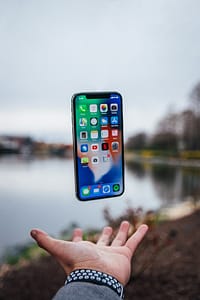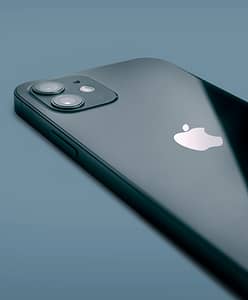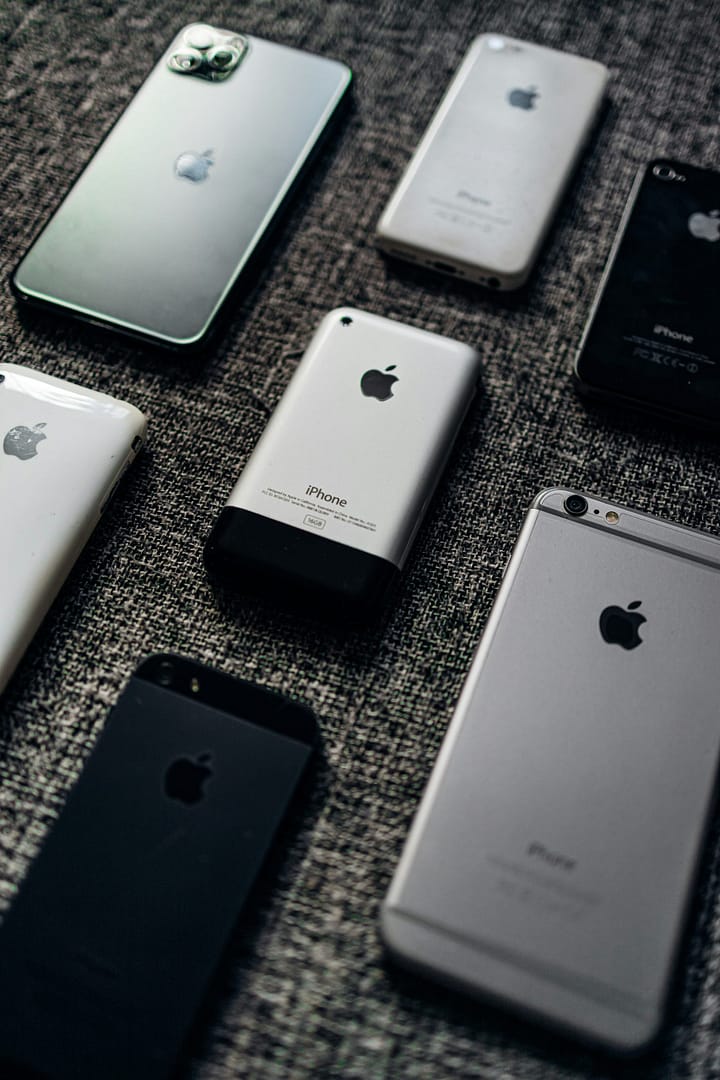
When Steve Jobs unveiled the first iPhone on January 9, 2007, it marked a pivotal moment that transformed the mobile phone industry. His announcement, one of the most iconic product launches in history, introduced the iPhone as a trio of devices in one: a widescreen iPod with touch controls, a revolutionary mobile phone, and a groundbreaking internet communications device.
The “i” prefix in iPhone, along with other Apple products like iPad, iMac, and iPod, has sparked curiosity over the years. This prefix has been a staple in nearly 30 Apple products, spanning both hardware and software, over the past three decades.
So, what does the “i” in iPhone represent? Delving into Apple’s history offers some clarity.
The origin of the “i” prefix dates back to 1998 with the launch of the iMac. At a time when Apple was nearing bankruptcy before Steve Jobs’s return in 1997, the iMac played a crucial role in saving the company. Jobs introduced the iMac as a pioneering personal computer, emphasizing its ease of use for internet access.
Initially, Jobs considered naming it “MacMan,” in line with popular names like “Walkman” and “Pac-Man” at the time. However, Ken Segall, an advertising consultant for Apple, proposed “iMac,” with the “i” primarily signifying “internet.”
During the iMac’s official unveiling on May 6, 1998, Jobs explained that the name “iMac” symbolized the fusion of internet excitement with Macintosh simplicity. He highlighted the device’s primary goal was to provide a straightforward and rapid way to access the internet, which was a significant selling point in 1998. Beyond just “internet,” Jobs also mentioned that the “i” represented “individual,” “instruct,” “inform,” and “inspire,” broadening its significance.

The naming convention continued with the 1999 iBook, Apple’s first mainstream laptop, and the iPod in 2001, which became one of Apple’s most iconic products. But what about the iPhone?
Introduced in 2007, the iPhone could have had different names like “Mobi,” “TriPod,” “Telepod,” or even “iPad,” according to 9to5Mac. Ultimately, the “i” prefix was deemed a perfect match for “phone,” aligning with the original association with “internet” to denote an “internet phone.” This name reflects the iPhone’s key feature: offering a comprehensive internet experience on a mobile device.
Although Apple itself hasn’t provided a definitive explanation for the “i” prefix, the rationale behind the iPhone’s naming makes practical sense given its internet capabilities. With the iPhone surpassing the iPod as Apple’s most successful product, the “iPhone” name has become iconic and seems unlikely to change in the foreseeable future.
